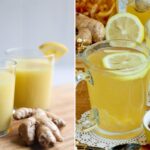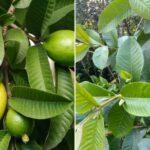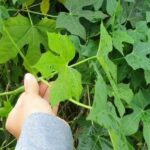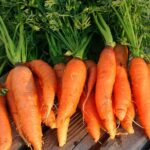Oranges are a well-known fruit celebrated for their high nutritional value, and many around the world hail them as a “superfood.” This fruit is very popular in Vietnam and can be easily found in local markets or supermarkets.
Currently, we are in the middle of orange season, so it’s the perfect time to take advantage of the abundant nutrition this fruit offers and give our health a boost.
Oranges are an excellent natural source of vitamin C. Chemical analysis shows that 100g of orange pulp contains 87.5g of water, 0.9g of protid, 1.3g of organic acid, 8.4g of glucid, 1.4g of cellulose, and a good amount of minerals such as calcium (34mg), phosphorus (23mg), iron (0.4mg), and vitamins A (in the form of carotene), B1, B2, and PP…
In Traditional Medicine, oranges are considered a panacea; all parts of the orange tree, including the fruit, leaves, and peel, are believed to possess valuable medicinal properties.
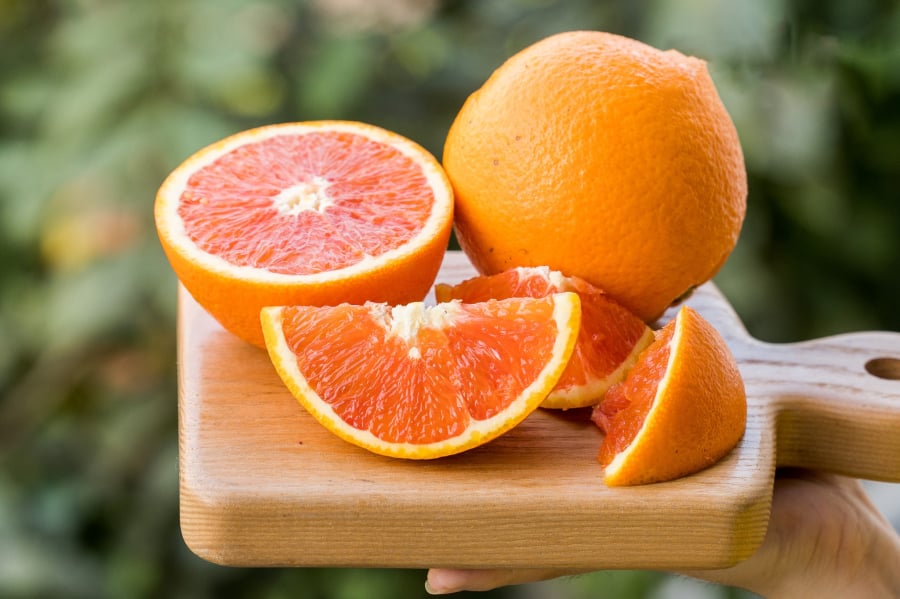
In Traditional Medicine, oranges are regarded as a panacea, with all parts of the tree, from the fruit to the leaves and peel, believed to hold valuable medicinal qualities.
According to Master Physician Nguyen Huu Trong, a member of the Executive Committee of the Vietnamese Association of Oriental Medicine, oranges have a sweet and sour taste and a cooling nature. They are believed to quench thirst, replenish body fluids, support lung health, expel phlegm, clear heat, and promote diuresis. Freshly squeezed orange juice is used as a cooling remedy, treating fever, and improving appetite.
If you’re feeling thirsty, have a sore throat, or are experiencing a cough with phlegm, fresh orange juice will help soothe your thirst, clear heat and toxins, clear your digestive system, and reduce coughing.
“Drinking orange juice helps reduce fatigue, quench thirst, and aid digestion. It is recommended to eat 1-2 oranges or drink freshly squeezed orange juice daily,” advises Master Trong.
Not only do orange segments offer health benefits, but the leaves, peel, and seeds—parts that are usually discarded—can also be utilized as valuable medicinal ingredients.
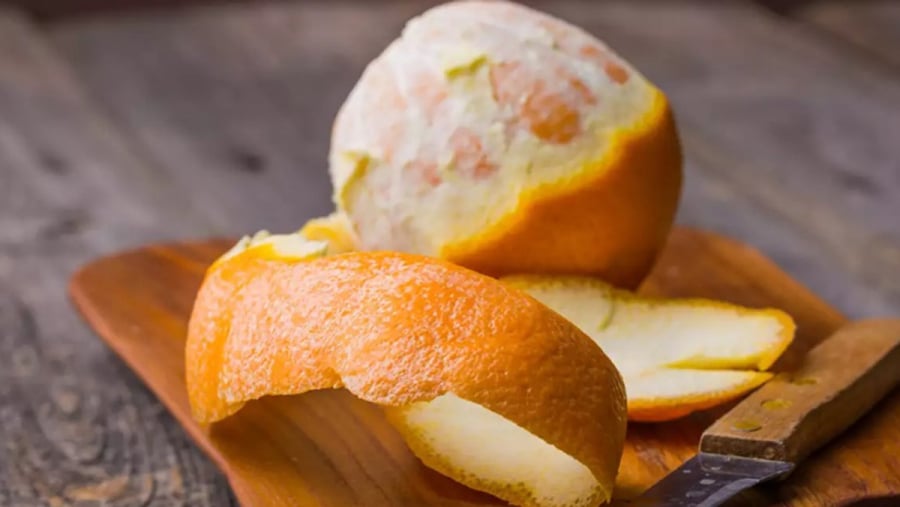
Not only are the segments of oranges beneficial, but the leaves, peel, and seeds—often discarded—can also be utilized as valuable medicinal ingredients.
According to Master Trong, orange leaves have a pleasant aroma and a warming nature. They can be used to treat otorrhea (ear discharge) with yellow or purulent fluid. They are often used for essential oil extraction. The orange peel, with its characteristic pungent taste and aroma, helps expel phlegm, clears the qi (energy flow), aids digestion, reduces flatulence, and treats coughs and phlegm, especially in chronic bronchitis. Moreover, orange peel stimulates digestion, relieves abdominal pain, combats bloating, acid reflux, and diarrhea.
“Both the leaves and peel of oranges are effective in treating spleen and stomach weakness and phlegm-dampness. It is recommended to consume 8-12g per day in the form of powder or decoction,” added Master Trong.
Additionally, orange seeds are used in beauty treatments, helping to address acne and other skin issues.
Some medicinal recipes using oranges:
– To stimulate digestion and reduce phlegm: 12g of orange leaves or peel; 8g of tangerine peel, and 8g of pomelo peel. Roast all ingredients until golden, grind into a fine powder, and consume 1-2 teaspoons per day (for children, mix into porridge).
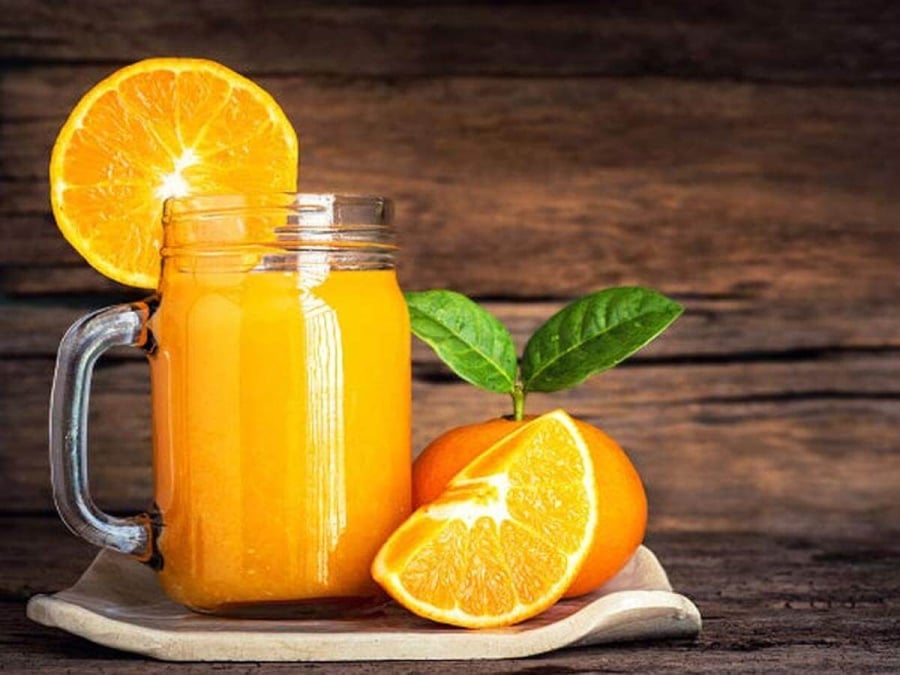
Both the leaves and peel of oranges are recommended for treating spleen and stomach weakness, as well as phlegm-related issues. The suggested dosage is 8-12g per day, either in powder form or as a decoction.
– To treat thirst, fatigue, and constipation: Squeeze the juice from 1-2 oranges and consume throughout the day.
– For bloating and indigestion: Finely chop 250g of orange peel, add one pig’s spleen, and boil with three bowls of water until reduced to one bowl. Drink both the water and the solids.
– To support dengue fever patients: Drink freshly squeezed orange juice three times a day, with each serving being one orange (approximately 250g).
– To improve appetite: Grind 250g of orange peel and 50g of dried old ginger into a powder. Consume 1 teaspoon twice a day before meals for 3-5 consecutive days.
– To treat rheumatism: Dry orange seeds, roast until golden, grind into a powder, and mix 3-5g with boiled and cooled water.
While oranges are generally safe as a medicinal ingredient, it is always advisable to consult with a qualified healthcare practitioner to ensure optimal results and avoid any potential side effects.
“Nature’s Hidden Gem: The Sweet Veggie with a Magic Touch”
Introducing a vegetable that is sweet and savory, with leaves resembling papaya, yet remains unknown to many. This humble vegetable boasts an impressive nutritional profile, making it an ideal food for those recovering from illness. With a taste akin to MSG, this vegetable is a hidden gem in the culinary world, waiting to be discovered by discerning palates.
























